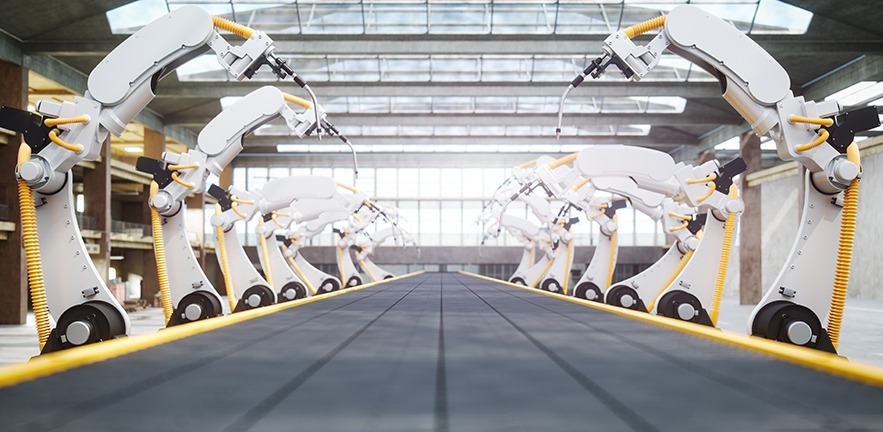Artificial intelligence (AI) has recently become a buzzword in the media, but what exactly do we know about it and how it will affect our future? Professor Mark Esposito, Fellow at the Circular Economy Centre, Cambridge Judge Business School, has researched the topic for some time and recently co-authored a book The AI Republic.
In this new “Pick Five” series, faculty and other experts associated with Cambridge Judge Business School provide five insights, tips, or things to avoid on a topical subject in their field of expertise.
Mark shares some of his thoughts and insights about artificial intelligence:
- There is lots of speculation that AI “will take our jobs”. What do you see as the main implications of AI on the job market?
I believe some jobs might be gone, but this is not because of AI but rather because of the design of the jobs – repetitive tasks that can be performed by machines. These jobs were created at different times, technology was not there, so people were employed to do them. I think here AI can help people, by giving them more time to do other tasks – maybe something that requires more creativity, for example. - Which sectors could benefit mostly from AI, and which will lose out?
Talking about examples, I think hospitals will benefit greatly from AI – areas like precision medicine, where robots perform surgeries in operating rooms. People might think this will take a doctor’s job as he spends less time in the surgery, but actually it will give doctors more time to spend in consulting patients, diagnosing diseases, and doing research.
Another example, office jobs will be affected – manual tasks such as reading documents, writing emails, and making calls to book venues. I think these tasks can be easily automated, meaning the person will be able to concentrate on other things instead – like learning new skills or mentoring. - What are the risks of AI, and how can they be prevented?
At the moment the perception of AI is quite negative: people are afraid of the technology as they don’t know what to expect. We need to talk, discuss, educate about this, and I think universities and business schools have a role to play here. We need to explain how the technology will be integrated in management and leadership of organisations and what benefits it can bring.
When talking about risks, the biggest question here should be what will happen with the data. AI relies heavily on data and how that data will be operated and owned might be a tricky part. - What is the role of the government?
I think governments have to make a step forward and be more open to this. Every day we hear about AI in the news, but it’s usually the private companies that employ AI. But what we need is a more active role for government, which should introduce new laws that would regulate and maybe subsidise the technology – and in that way make it more widely accessible.
Also, there will need to be deeper international co-operation on data, on top of national AI policies, on questions like how the data will be accessed and used. Private companies would not be able to afford this. - What do you think will happen in five years’ time?
Artificial intelligence is developing quickly and is market driven at the moment. I think now is a good time to start a public debate on the technology. In a few years’ time I would like to see national and international regulation in place, and for AI to be more integrated in government policies – and as a result of this, the creation of new jobs.


